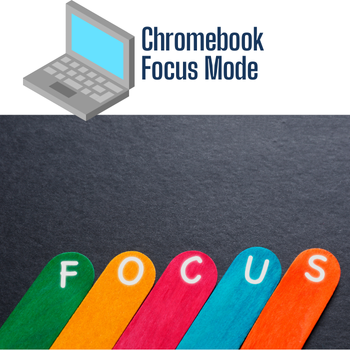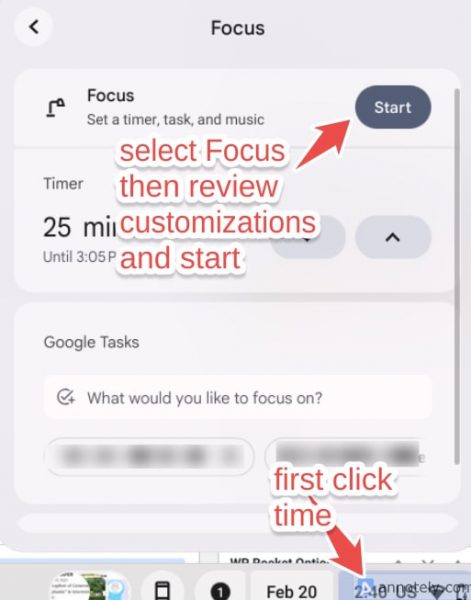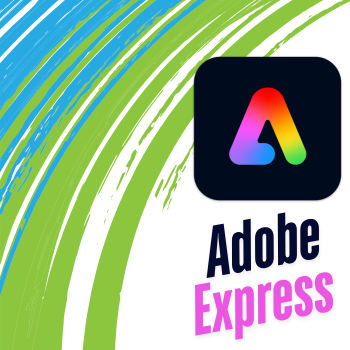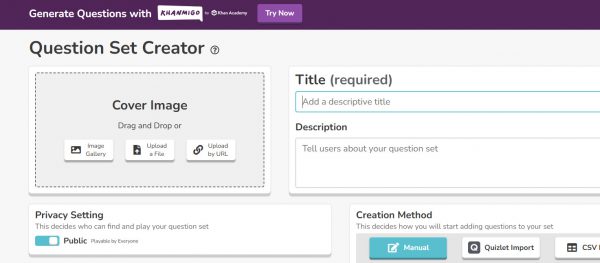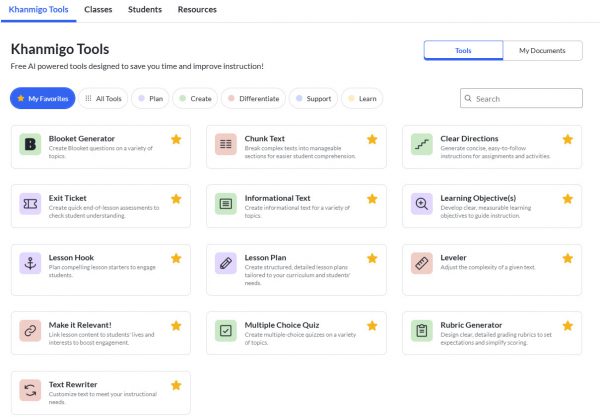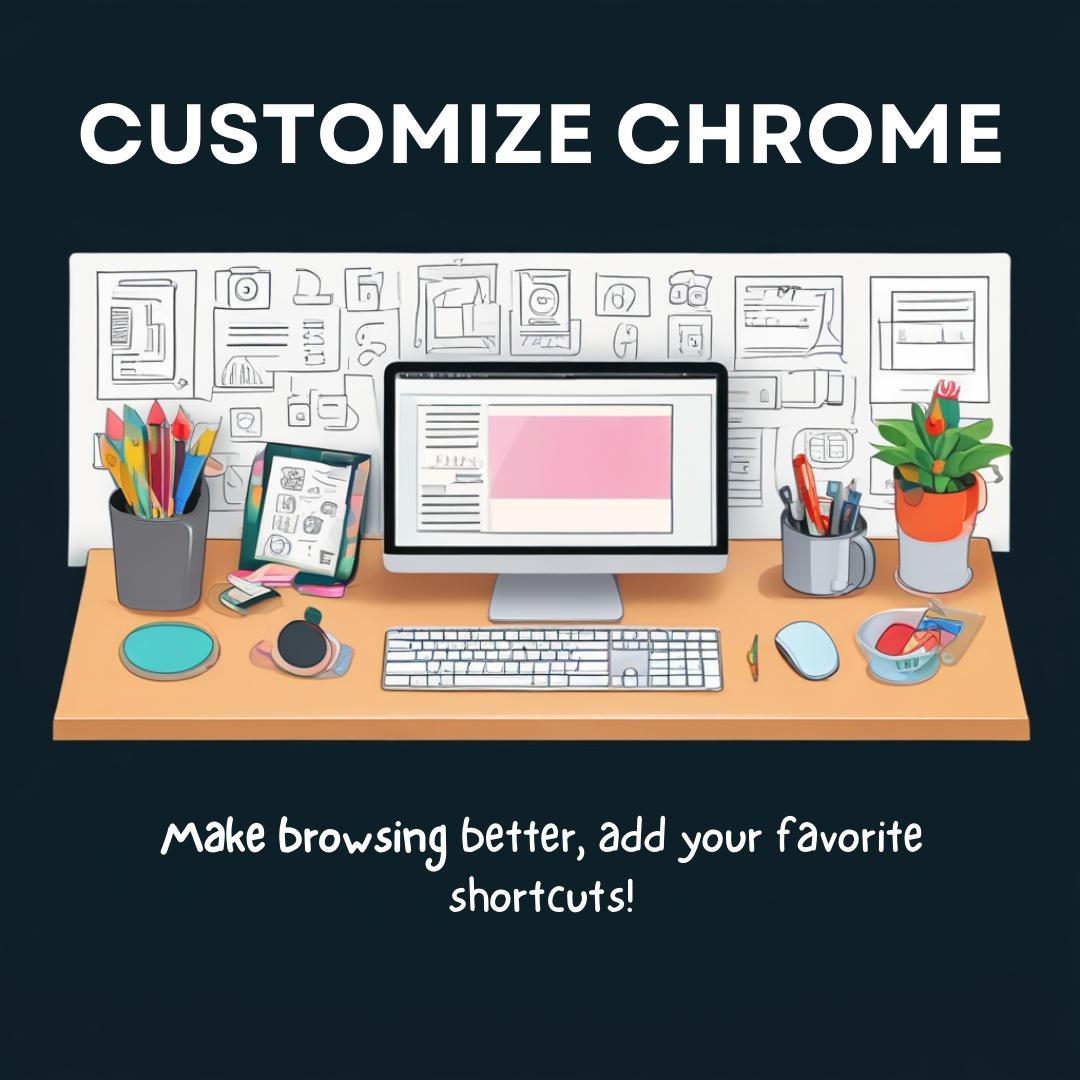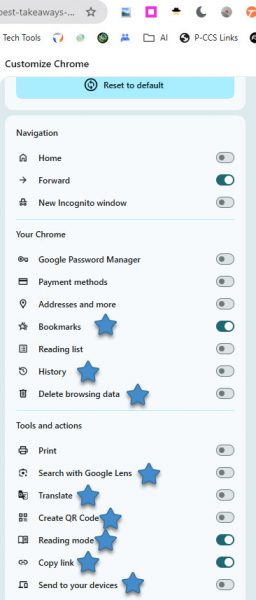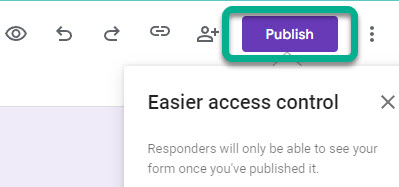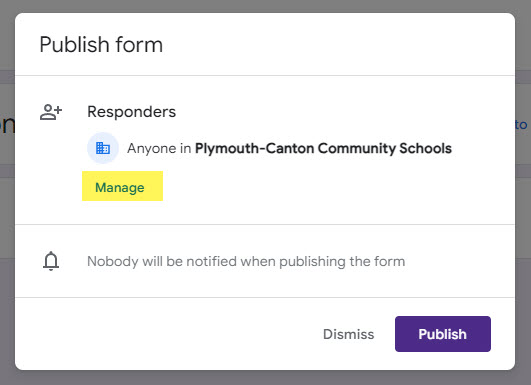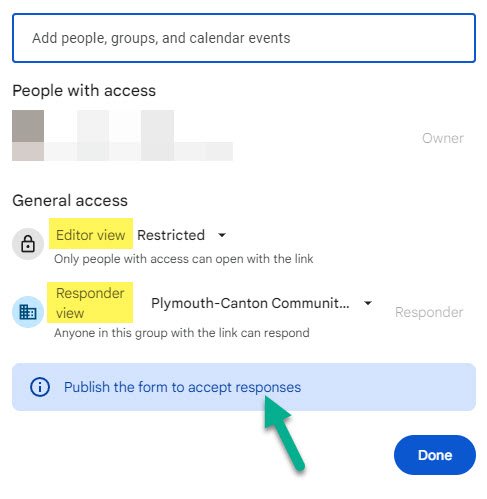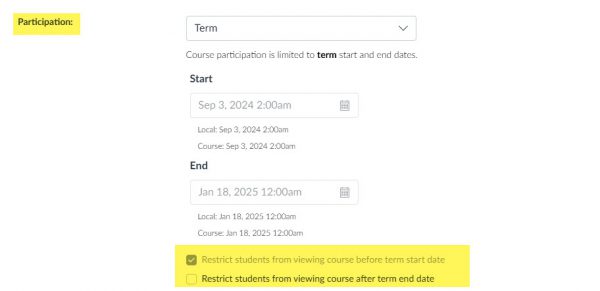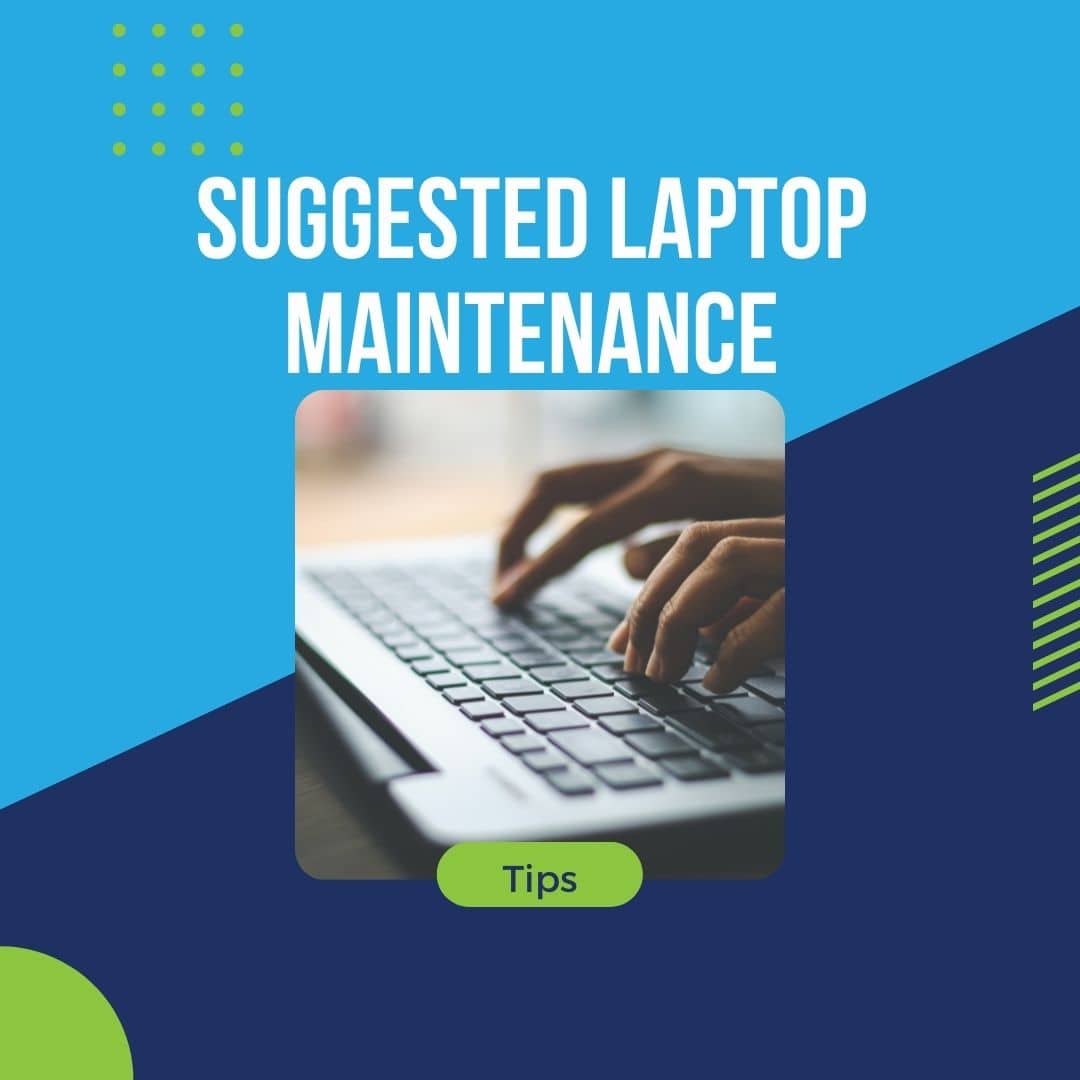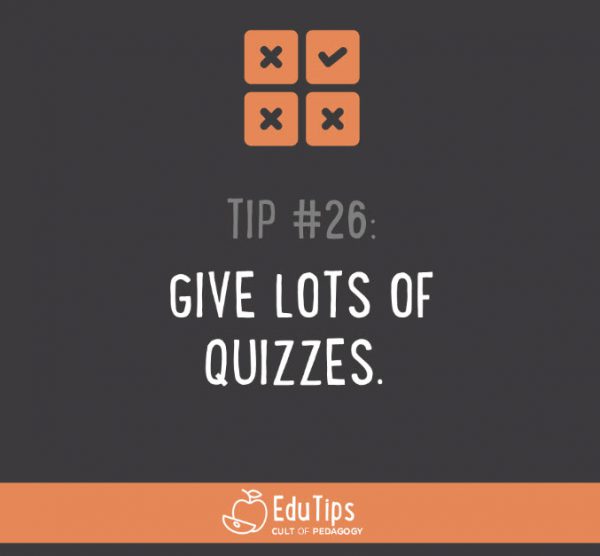
Are you looking for ways to make learning more effective and engaging for your K-12 students? Frequent quizzing is a powerful learning strategy. Research indicates that regular testing enhances information retention compared to other review methods like re-reading or note-taking. Recently, Jennifer Gonzalez from the Cult of Pedagogy podcast highlighted these findings in her EduTips series. Find it here.
The Power of Quizzing. Regular quizzes can significantly improve student performance and long-term memory. One study showed that students scored 10% higher on material they were tested on versus material they only re-read. Quizzes encourage retrieval practice, which strengthens memory connections, even if students answer incorrectly.
Low-Stakes Quizzes. Aim for low-stakes or ungraded quizzes to reduce student anxiety. Use the results to inform your teaching and adjust your lessons accordingly, focusing on learning rather than penalizing.
The Fast and the Curious EduProtocol. This method, detailed in “The EduProtocol Field Guide” by Marlena Hebern and Jon Corippo, provides timely feedback and encourages repetition for better results. This strategy recommends quizzing students on new material, giving a mini-lesson on the questions most missed, and have them take the quiz again for immediate growth and retrieval practice. Continue offering at least one rep of the quiz throughout the week until you get most of the class at mastery.
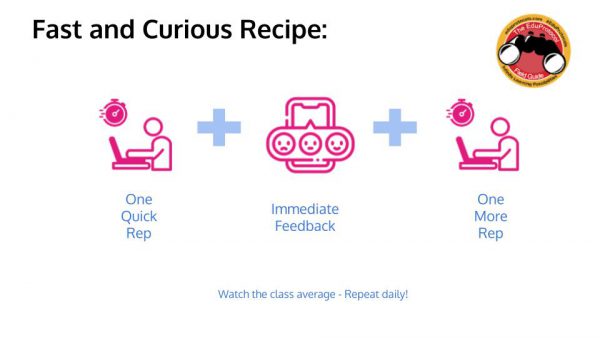
Online Quizzing Platforms. Integrate platforms like Gimkit, Blooket, and Quizizz with the Fast and the Curious EduProtocol. There are many platforms out there, reach out to a TIS to see which one may be the best fit for your goals. Here’s how it works:
- Administer a quick game and review the results.
- Offer a brief re-teach or mini-lesson focusing on areas where students struggled.
- Immediately replay the game.
- Repeat this process over a few days.
Emphasize Repetition. Repetition is crucial. The goal is to achieve 95% proficiency, adjusting the timeline based on the difficulty of the material. As Jon Corippo notes, repeated practice, like shooting a three-point shot in basketball, is essential for mastery.
Communicate with Students. Share the benefits of quizzing with your students. By understanding how quizzes help their brains learn, they’ll be more receptive to this learning method.
By incorporating frequent, low-stakes quizzes and innovative methods like the Fast and the Curious EduProtocol, you can transform your classroom into a more engaging and effective learning environment.

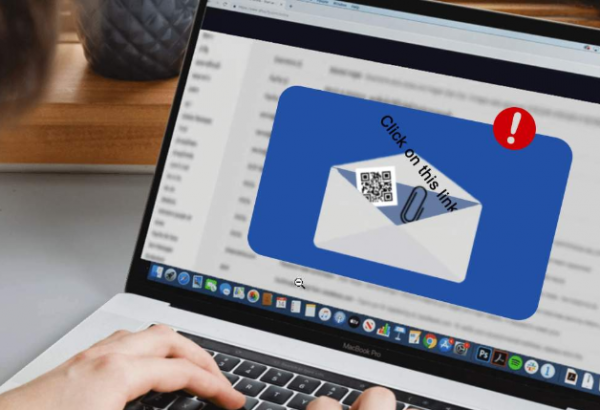 Phishing is a digital form of social engineering that uses authentic-looking emails to trick users into sharing personal information. It usually includes a link that takes the user to a fake website. If you cannot verify the source, do not open the link. Report suspicious messages to your IT team.
Phishing is a digital form of social engineering that uses authentic-looking emails to trick users into sharing personal information. It usually includes a link that takes the user to a fake website. If you cannot verify the source, do not open the link. Report suspicious messages to your IT team. Social media exploitation is where the attacker uses information found on a user’s social media profiles to create a targeted phishing attack.
Social media exploitation is where the attacker uses information found on a user’s social media profiles to create a targeted phishing attack. Fake IT Support calls are a common form of impersonation where someone pretends to be an authorized user or administrator in an attempt to gain illicit access to protected data systems. The attacker has enough information to sound credible, and they ask the user for some bit of information that will allow the attacker to gain access to the desired system.
Fake IT Support calls are a common form of impersonation where someone pretends to be an authorized user or administrator in an attempt to gain illicit access to protected data systems. The attacker has enough information to sound credible, and they ask the user for some bit of information that will allow the attacker to gain access to the desired system.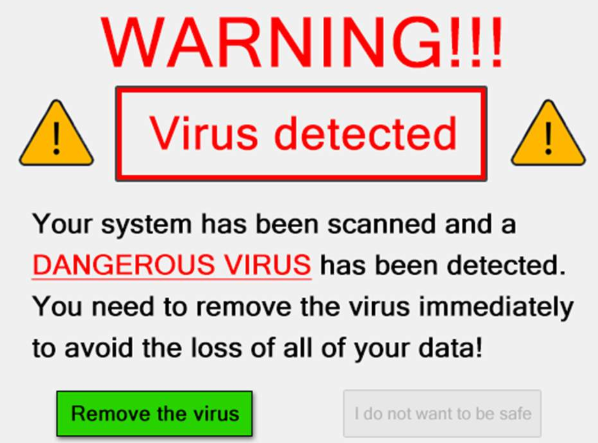 Scareware is a type of baiting where the use of false alarms or fictitious threats lure the user into a trap. One example is the attacker convincing a user that their system is infected with malware and that they should install software granting remote access. Another example is the attacker claiming to have sensitive videos which will be released if the user does not pay.
Scareware is a type of baiting where the use of false alarms or fictitious threats lure the user into a trap. One example is the attacker convincing a user that their system is infected with malware and that they should install software granting remote access. Another example is the attacker claiming to have sensitive videos which will be released if the user does not pay. Tailgating, also known as “piggybacking”, is where an unauthorized person manipulates their way into a restricted area, such as impersonating a well-known role (e.g., delivery driver or custodian worker) or asking a user to “hold the door”.
Tailgating, also known as “piggybacking”, is where an unauthorized person manipulates their way into a restricted area, such as impersonating a well-known role (e.g., delivery driver or custodian worker) or asking a user to “hold the door”. Shoulder surfing is where an unauthorized person stands near a user to get the user’s password or other data from the user’s computer monitor.
Shoulder surfing is where an unauthorized person stands near a user to get the user’s password or other data from the user’s computer monitor.